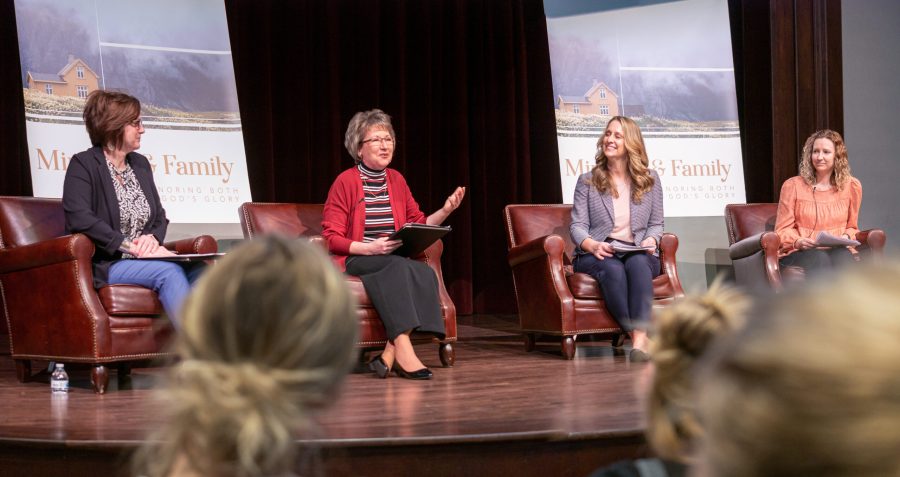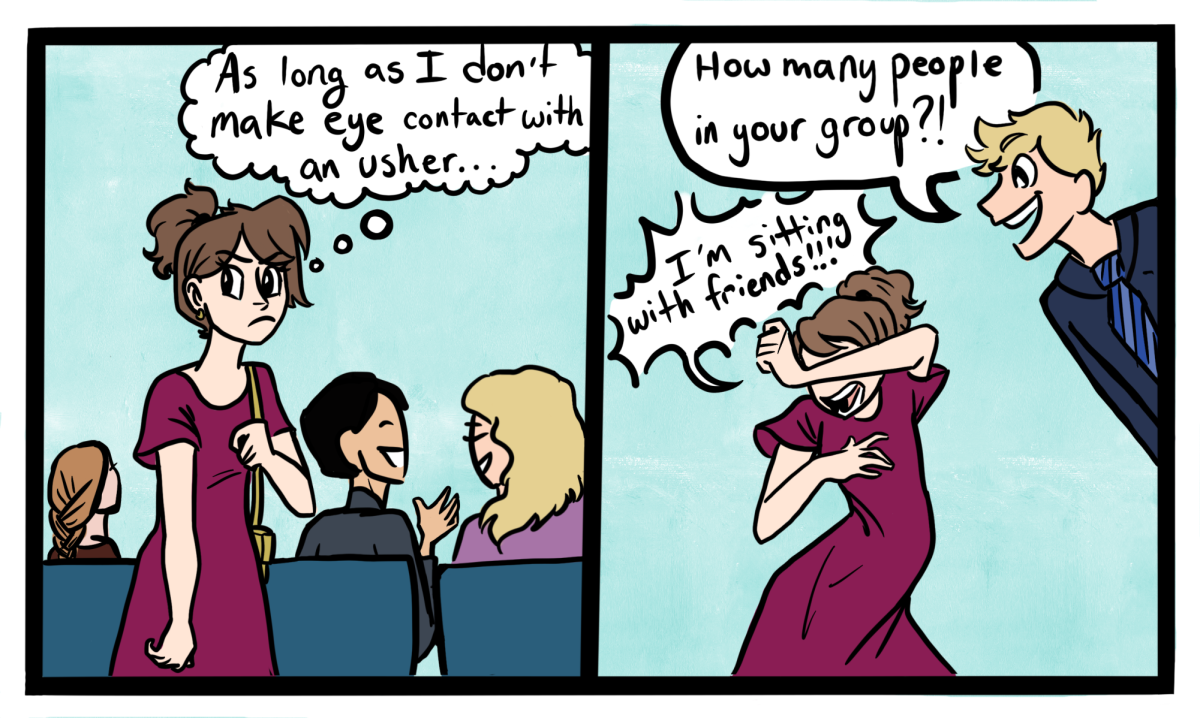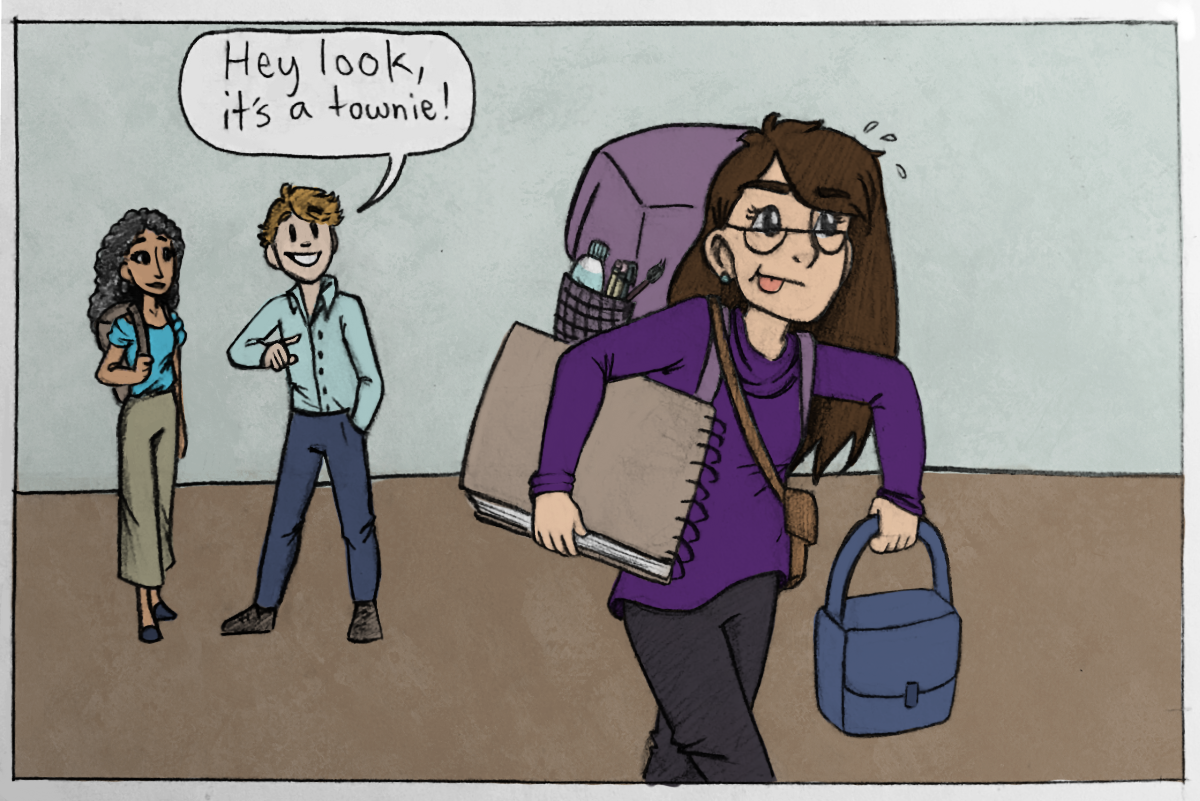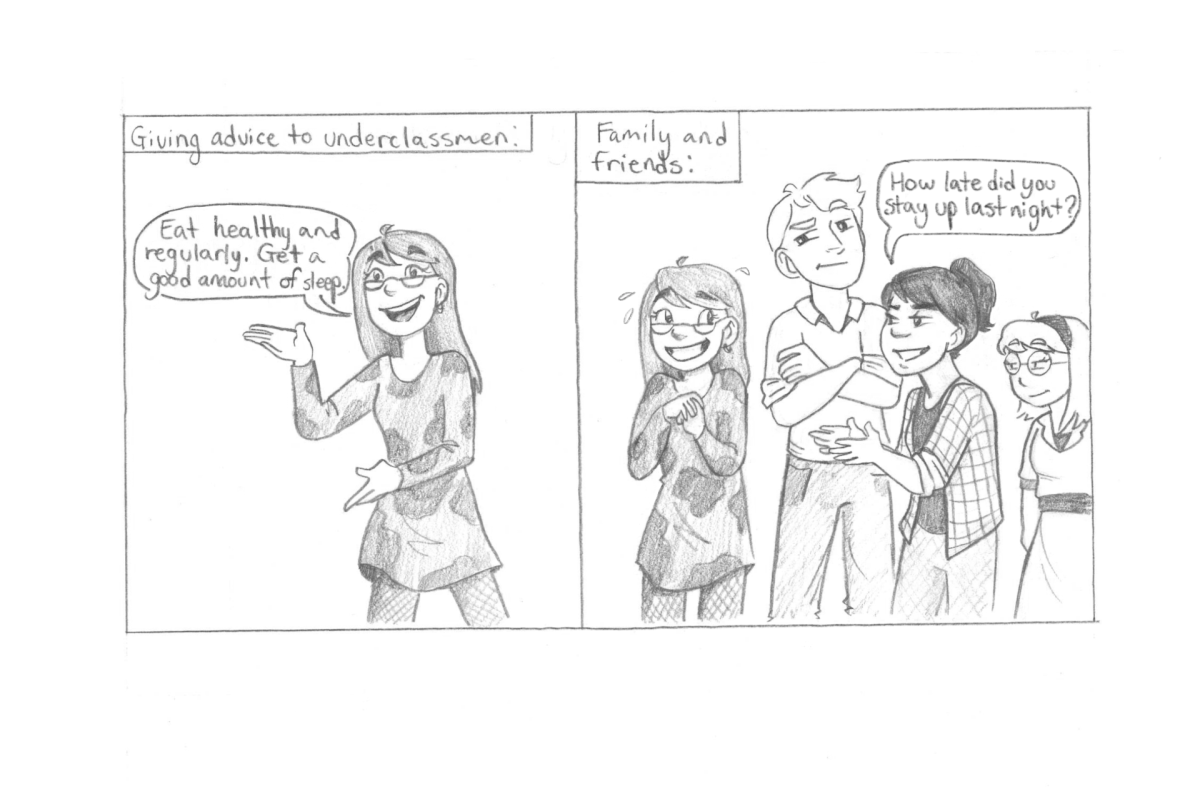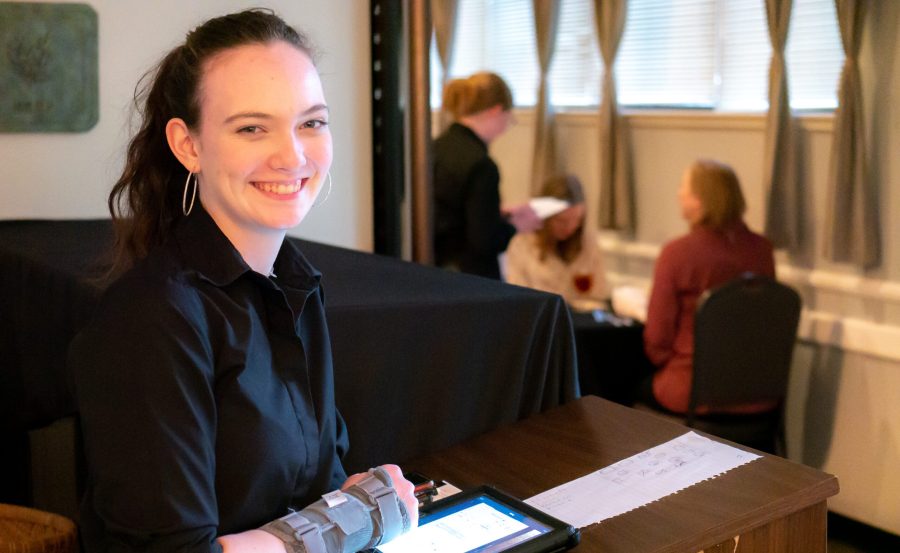If you find security in Facebook, your life just got seven times more complicated.
As of a couple of weeks ago, instead of simply “liking” a post, Facebook users can “react.” This seven-option choice allows people greater freedom to express their emotions.
Or does it?
“Facebook said it wanted to give users more authentic ways to quickly and easily respond to posts, whether they are sad, serious, funny or happy,” said Forbes staff writer, Kathleen Chaykowski.
“Before emoji ‘Reactions,’ users were often put in the awkward position of resorting to ‘liking’ a post about a death or one that expressed frustration or disappointment, without distinction from how one would ‘like’ an engagement photo. ‘Reactions’ should solve this problem.”
She definitely has a point. For instance, you get choked up over a sweet post someone writes about their dead dog. You want to convey support for that individual during this time of trial.
“I ‘like’ that your dog died. I mean, I don’t. I’m sorry. Solidarity, you know? Not ‘like’—oh, forget it.”
Sure, simply “liking” a post doesn’t quite do justice to the emotions we may be feeling at a given moment.
But, in attempts to make communication simpler, Facebook has proven the true complexity of human emotions.
Robbie Gonzalez, writer for Wired.com, points out, “This actually makes for a pretty restrictive emotive palette.”
It’s interesting to me that Facebook has tried to limit the vast spectrum of human emotions to a mere palette of seven. We are far more complex than that.
No longer are posts simply “liked” or ignored. Alyssa Anderson, a sophomore business student, said, “I think there should be a dislike button included with the rest of the reactions.”
She said that “sad” or “angry” reactions just aren’t enough.
Benjamin Brewer, a freshman Bible major, believes they will have little affect on Facebook users.
“The ‘reactions’ are a feeble attempt at making Facebook feel more like real life, but their impact on people’s perception of Facebook will probably be imperceptible,” Brewer said. “Most of us will simply use them once or twice, and then we will forget about them.”
I have to admit that my initial response to Facebook’s upgrade of the “like” button was, “Great. Now I’ll never post again.”
Why? Because I will question why some people only “like” my new profile picture and others “love” it. I will wonder what about a certain post causes “sad” reactions.
I have yet to discover the art of posting something creative enough to earn myself “wows” and “yays.”
And who knows—maybe there will be a day when I’ll provoke one of my followers to “anger.”
The reactions may make people wonder, “Is this person angry at me about this event? Or is this person angry with me, on my behalf?”
It sounds kind of petty, doesn’t it? But maybe you have been thinking some of the same things.
Without elevating this minor change to the level of a social media war, I do think we should be careful not to evaluate popularity or status in light of whether or not people “love” our posts.
I have to remind myself not to allow the number of “likes” or “loves” I receive to become a thermometer for my own security.
Furthermore, worrying about how much people “like” or “love my posts should be secondary to my concern for speaking the truth in love.
If I have posted something that should not be said, it doesn’t matter if people like it, and vice versa.
Admit it. Sometimes we take people’s reactions to our Facebook posts personally. We’re honored if someone shares our post. We’re nervous if nobody “likes” our picture within the first five minutes of posting.
We’re disappointed or embarrassed if people don’t “like” it—we may even delete things that receive fewer “likes” than we want. And plenty of us have even resorted to asking close friends to “like” our posts.
There are exceptions, of course. Sometimes you go out of your way to make sure people don’t notice the TBT picture your mom posted of your “awkward years” (and yes, we all had them).
So relax. Remember, Christ is your source of security. Facebook is just fun.
Keep it that way, whether your cyber-friends give you a thumbs-up or not.













